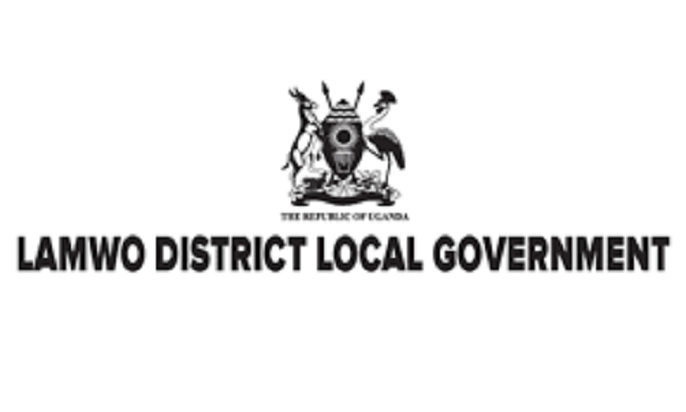Patience T. Rubagumya, Commissioner Legal Services and Board Affairs at URA. The tax body has recently won many cases
Businessmen Nsubuga Guster and Byamukama Robinhood were tried at the Anti-Corruption Court Division of the High Court on with two counts of unauthorized use and interception of computer services contrary to section 15(1) and 20: electronic fraud contrary to section 19; unauthorized access to data contrary to section 12(2) and 20; producing, selling or procuring, designing and being in possession of devices, computers, computer programs designed to overcome security measures for protection of data contrary to section 12(3) and 20 of the Computer Misuse Act, 2011.
They were also charged with unauthorized access to a customs computerized system contrary to section 191(1)(a) and fraudulent evasion of payment of duty contrary to section 203(e) of the East African Community Customs Management Act.
They pleaded not guilty, commenced trial and were subsequently convicted on all counts except one and sentenced; on counts 1, 3 and 4 to 8 years imprisonment; count 2 to 12 years imprisonment and on count 5 to a fine of USD4,500 each.
They appealed to the Court of Appeal against the whole decision of the High Court premised on nine grounds of appeal. However, upon the appeal coming up for hearing, the Court of Appeal considered ground 1 and noted that the said ground of appeal would extinguish the appeal.
The Court of Appeal allowed the appeal on ground that the learned trial judge erred in law and fact when he convicted the appellants, now respondents, without them pleading to the amended indictment, which was prejudicial to them and occasioned a miscarriage of justice.
The Court of Appeal then ordered a retrial in the High Court.
Nsubuga Guster and Byamukama Robinhood were presented before the High Court Anti-Corruption Division where they were charged with the very counts as previously in 2012, pleaded not guilty and were released on bail.
Being dissatisfied with the judgment of the Court of Appeal, Uganda Revenue Authority (URA) appealed to the Supreme Court against the whole judgment and cited 3 grounds of appeal while an order for stay of the retrial in High Court was secured pending determination of the appeal in Supreme Court.
Patience Rubagumya, Commissioner Legal Services and Board Affairs at URA, George Okello, Assistant Commissioner Litigation at URA and Hilda Bakanasa, Manager Litigation at URA represented the State while Evans Ochieng was the defense Counsel who represented the convicts.
The Supreme Court on 16.08.2021 gave its judgment in the following terms:
1. The guidelines for plea taking had not been breached thus it was difficult to imagine how there could have been failure of justice.
2. The amendment did not alter the facts or dates in material particulars and it would be a travesty of justice to declare the entire trial a nullity based simply on an amendment.
3. The amendment relating to the amount was not a fundamental amendment. The fundamental allegation is that the respondents caused financial loss. The question of amount is a detail that can be adjusted and reconciled at any point.
4. Section 51(1) of the Trial on Indictment Act given the circumstances of this case has to be construed as being directory rather than mandatory.
Having found that there was no miscarriage of justice and that ordering a retrial was therefore not called for, the Supreme Court set aside the orders of the Court of Appeal, canceled Nsubuga Guster and Byamukama Robinhood’s bail and reinstated the orders of the trial court to wit conviction and sentence of 8 years and 12 years imprisonment each.






